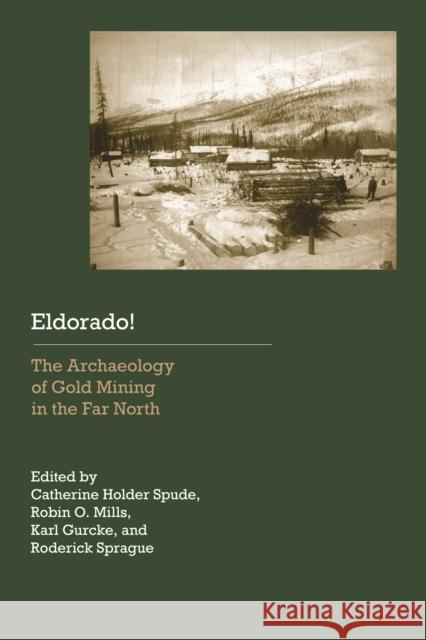Eldorado!: The Archaeology of Gold Mining in the Far North » książka
Eldorado!: The Archaeology of Gold Mining in the Far North
ISBN-13: 9780803210998 / Angielski / Miękka / 2011 / 376 str.
When gold was discovered in the far northern regions of Alaska and the Yukon in the late nineteenth century, thousands of individuals headed north to strike it rich. This massive movement required a vast network of supplies and services and brought even more people north to manage and fulfill those needs. In this volume, archaeologists, historians, and ethnologists discuss their interlinking studies of the towns, trails, and mining districts that figured in the northern gold rushes, including the first sustained account of the archaeology of twentieth-century gold mining sites in Alaska or the Yukon.
The authors explore various parts of this extensive settlement and supply system: coastal towns that funneled goods inland from ships; the famous Chilkoot Trail, over which tens of thousands of gold-seekers trod; a host of retail-oriented sites that supported prospectors and transferred goods through the system; and actual camps on the creeks where gold was extracted from the ground. Discussing individual cases in terms of settlement patterns and archaeological assemblages, the essays shed light on issues of interest to students of gender, transience, and site abandonment behavior. Further commentary places the archaeology of the Far North within the larger context of early twentieth-century industrialized European American society.











